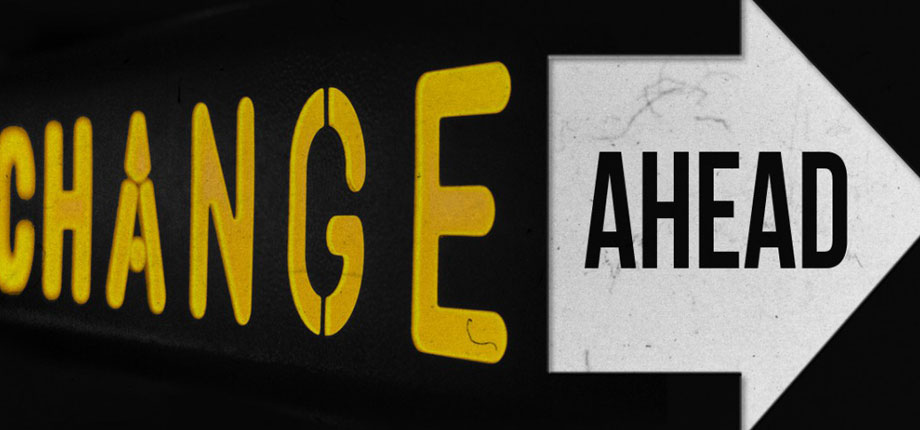....Whether we like it or not!
Where were you when the world changed? How were you positioned? Were you standing at the beginning of a promising career or easing your way out of one? Were you struggling? Coronavirus has swept the world by storm, wrenching the floor from under us. Suspended in limbo, with time to reflect, were we really so perfect? Or were we getting things wrong? Freelance editor Joe Bradbury discusses what changes in perception could be made to better view the subjects of class and social housing:
Whilst it is difficult to draw positives at a time when people are living in fear of losing loved ones daily, it is undeniable that coronavirus is acting as the great leveller. Those who have spent a lifetime looking down on the concept of a welfare state are now joining HMRC helpline queues to see what they can get to tide them through these difficult times.

Governments who not 3 months ago were being accused of letting the elderly and most vulnerable members of our society freeze to death in their homes in fuel poverty are now under closer scrutiny than ever from an emotionally heightened general public. We have our finger wagging in their face demanding they do something about it. Good. Finally!
I’m not being deliberately glass-half-empty in saying that the world can at times feel like a great dystopian novel. But in truth, we strayed from the idea of a utopia long ago. A positive mental attitude that works for me would be this: let’s make a pact as the human race to at least try not to repeat past mistakes. Otherwise, we’re only hitting the snooze button on Armageddon. We’ll be leaving the kids to deal with it… and that’s not fair.
So what can we change?
I’m sure like everybody, I could get to work on a never-ending list of things I’d like to change! But first, let’s do away with outdated stigma and arrogance. For example, for many, a certain stigma still clings to social housing. Some residents feel marginalised and overlooked, and are ashamed to share the fact that their home belongs to a housing association or local authority. The fact that some people are made to feel this way by society is shameful. Let’s shine a light on that.
Many people (including too many politicians) continue to look down on social housing and, by extension, the people who call it their home. This same snobbery also lashes needlessly over the absolutely vital, but unseen jobs done in society by those earning less that £25K. The nurses, carers and social workers, of course, but also the bin men, the shop staff and general labourers who keep the wheels of modern life turning. The people we secretly rely on (but don’t care to admit) who could have spit when Priti Patel told immigrants not to bother applying to come here if their job earnt less than £25K. The ones continuing to quietly work away without a snide smile, which some might argue they are entitled to. Let’s acknowledge our dependency upon them.
Social housing and a strong support for people is crucial for our society. We should never see social housing as something that need simply be “good enough”, nor think that the people who live in it should be grateful for their safety net and expect no better.
Whether owned and managed by LA’s, TMOs or housing associations, Britain deserves social housing that is so good people are proud to call it their home.
The untamed power of media in portraying stereotypes
After the heated and divisive politics of the past three years and a mass media that has seemed to revel in pitting friend against friend and neighbour against neighbour, there’s never been so much fear and confusion and whilst the Queen speaks of unity the reality is we have never been more divided. We’ve created a monster. Let’s slay it, first chance we get!
A recent report revealed that 9 in 10 (91%) social housing tenants say they are portrayed negatively by the media, further exacerbating the stigma surrounding them.
The research, ‘Overcoming the Stigma of Social Housing’ (commissioned by the tenant-led campaign ‘Benefit to Society’) exposed a huge gap between perception and reality with regard to social housing tenants.
Britons on average estimate that almost 1 in 4 (24%) of people living in social housing are unemployed, when in fact only 1 in 14 (7%) are.
We make snap judgements of those who are out of work also, yet now we all know how easily it can happen, no matter how hard you’ve worked.
Now, I’m not saying the whole country sees it this way, but it would be naïve and foolhardy to pretend that this mindset doesn’t exist. So let’s promise to stamp it out in ourselves if we see it. Let’s work at changing our minds and stop seeing our friends and neighbours who live in social housing as second-rate citizens.
This article and other blog’s by Joe Bradbury appear regularly on Mitsubishi Electric’s The Hub, click here to visit
- Log in to post comments















